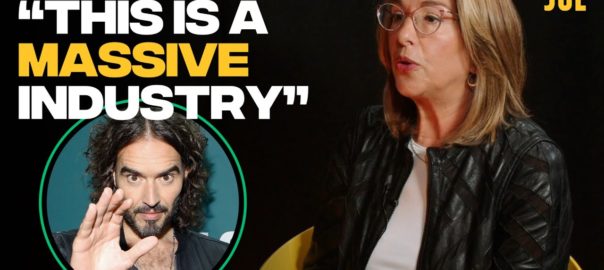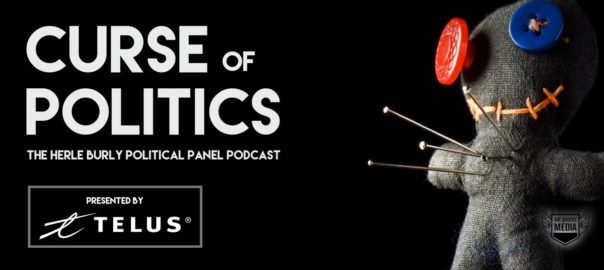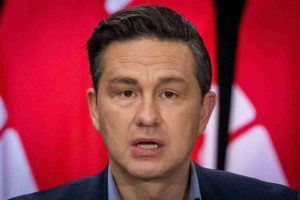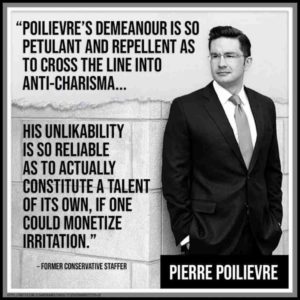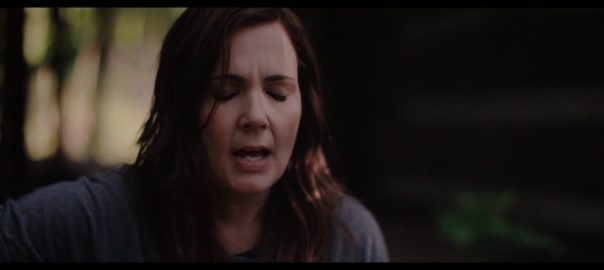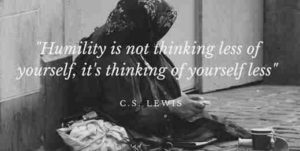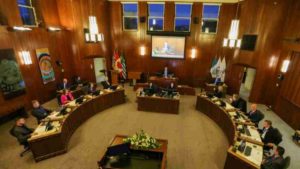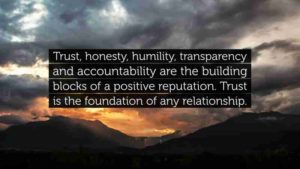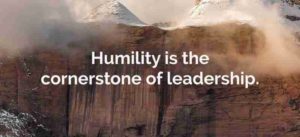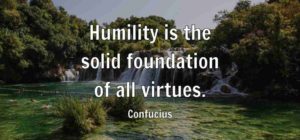
In 1979, when VanRamblings was enrolled in a Master’s Programme at Simon Fraser University (in Policy Administration, don’tcha know), Pauline Jewett — Simon Fraser University’s President, the first woman to head a major co-educational university in Canada — was approached by federal NDP leader Ed Broadbent, who asked the esteemed Dr. Jewett to consider becoming the New Democratic Party candidate in the Burnaby riding, in the upcoming federal election. With her tenure as SFU President drawing to a close, Dr. Jewett readily agreed to the proposal made by Mr. Broadbent, the deal done, the nomination sealed.
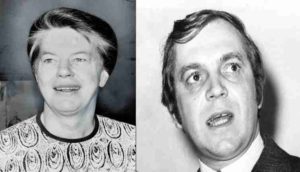
Pauline Jewett, Simon Fraser University President | Ed Broadbent, New Democratic Party federal leader
Not so fast …

Across town, there was a 26-year-old young man who had just graduated with distinction from the University of British Columbia Law School, and moved into a condominium with his boyfriend, just “down the hill” from Simon Fraser University.
Now, we’re talking 1979, when openly living with your boyfriend was not well accepted among the general population.
Even so, this brash and very bright young man made the decision to seek the federal New Democratic Party nomination in Burnaby, turning what had been planned as a New Democratic Party coronation for Pauline Jewett into a race.

Louis Riel House, Simon Fraser University student family residence, where VanRamblings lived.
The young man had every intention of winning the nomination, and becoming the next Member of Parliament, representing the good citizens of Burnaby.
This young man made his way to Simon Fraser University, meeting with members of the Student Forum, various of the student political groups on the left of the political spectrum, staff at the student newspaper, The Peak, as well as student leaders across the university, one of whom was VanRamblings, this young man meeting with us — usually in a packed apartment full of campus activists — on several different occasions, in our student residence apartment at Louis Riel House.
In fact, this vibrant, charismatic and engaging young man made a point of introducing himself to every student in each of the student residences at SFU, often meeting with these students several times, signing them up to his campaign team.
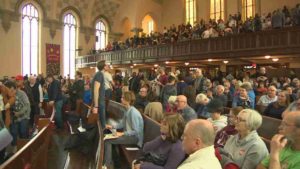
In the three months leading up to the off campus NDP Burnaby riding nomination meeting, the young man’s campaign team had signed up 3,000 new members to the Burnaby riding association, from across the demographic and cultural spectrum. Membership in the party had grown to such an extent that the riding association kept having to book larger and larger venues. On the night of the nomination meeting, more than 2,700 riding association members arrived at the hall to vote for their candidate, the majority of whom it soon became clear would cast their ballot for this charming, fascinating, almost bewitching, and intriguing young man.
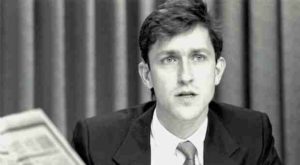
Svend Robinson, 1979. New Democratic Party Member of Parliament, May 22, 1979 – June 28, 2004
Svend Robinson went on to win the federal New Democratic Party nomination to represent the citizens of Burnaby in a walk, garnering more than 90% of the ballots cast, the writ dropped by Prime Minister Pierre Elliot Trudeau within days of Mr. Robinson’s precision, near military campaign-style run to secure the nomination.
On May 22nd, 1979, Svend Robinson became the Member of Parliament for the Burnaby riding, where he was re-elected term after term for a quarter of a century.

In the years that followed Svend Robinson’s election to Ottawa, this principled New Democratic Party Member of Parliament, working locally with Gary Cristall on the Committee for the Defense of Human Rights in Latin America, and with Scott Parker and Daryl Adams on the Galindro Madrid Defense Committee — Mr. Madrid jumping ship in Vancouver, to make an application for asylum, to escape the brutal regime of Chilean dictator, Augusto Pinochet — Svend Robinson played a pivotal role in gaining citizenship for thousands of Chilean refugees fleeing the Pinochet regime, in all of our meetings, a quick study always, getting quickly to the core issues at hand, as we moved together towards remediative action and resolution.
When, over time, reflecting on his initial run for office and his work to secure the Burnaby NDP nomination in 1979, Svend passed on this piece of wisdom …
“Raymond, winning a nomination or winning election to office is always a numbers game. Planning, hard work, a first-rate campaign team, commitment, knowing why you’re running, keeping an eye on the goal, working closely with people to gain their confidence, to win them over, to assure your future voters you’re on their side, that you will do everything humanly possible to represent their interests locally, to work to resolve their individual problems, while remaining aware of the macro goals of your work — that’s the key to winning, not just for yourself, but for your constituents, for society at large, and for the world.”

Little wonder that Svend Robinson served with distinction for a quarter century.
Coda

Pauline Jewett, NDP Member of Parliament, New Westminster-Coquitlam, May 22, 1979 – July 5, 1988
Having lost her bid to become the Member of Parliament to serve the residents of Burnaby, NDP leader Ed Broadbent appointed Pauline Jewett to run as the NDP candidate for New Westminster-Coquitlam, where she served with distinction in Parliament for nearly a decade, elected to office in 1979, again in 1980 and in 1984.
In 1991, Dr. Jewett was made an Officer of the Order of Canada, and in 1992, she was appointed to the Privy Council.
In 1990, Pauline Jewett was appointed Chancellor of Carleton University, serving in that role until her death from cancer on July 5, 1992.
